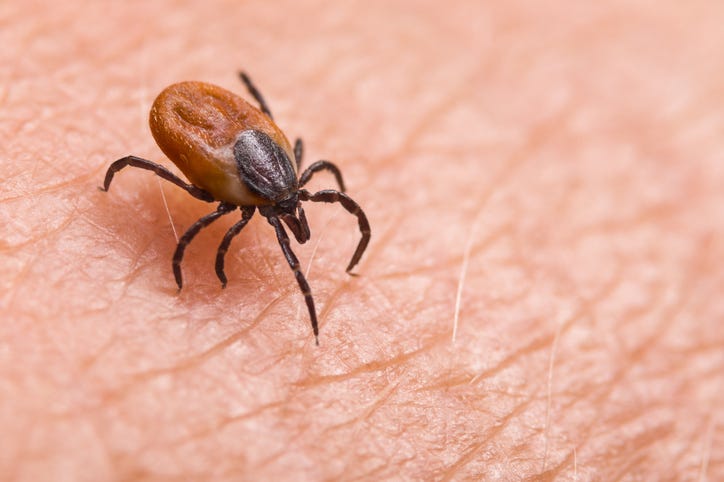
A new study has found that ticks are carrying a mysterious and rare virus that can sicken or even kill older adults or people with underlying conditions. So far, it has been found in at least six states.
Emory University researchers found that in Georgia, tests samples showed lone star ticks had picked up the Heartland virus. Researchers reported their findings to the Emerging Infectious Diseases, a center for CDC publication.
The Heartland virus is considered mysterious because researchers are still discovering more about it. However, when transmitted to a person through a tick bite, the victim can suffer from fever, fatigue, decreased appetite, headache, nausea, diarrhea, and muscle or joint pain, NBC News reported.
The CDC said it is currently researching whether it transmits through the bite of other ticks or if people can catch it in other ways.
According to the CDC, there have only been 50 cases of the disease caused by the virus since January 2021.
One of the study’s co-authors, Gonzalo M. Vazquez-Prokopec, shared that the point of the study was not to cause alarm but rather to inform, NBC News reported.
“We want to bring awareness rather than panic,” Vazquez-Prokopec said. “People tend to go out more in the spring, and they might get exposed to ticks, which are increasing rapidly, particularly in the South, this time of year.”
While not many cases of the virus have popped up around the U.S., there have been severe reactions in some of those infected. The CDC said that those with severe cases were hospitalized, and most have fully recovered, while some older individuals with medical conditions have died.
The virus has been around since it was discovered in 2009 in northwest Missouri. Since then, it has been reported in Missouri, Alabama, Illinois, Kansas, and New York. However, the CDC is unaware if it has spread to other states in the U.S.
With case numbers low, there is no need to sound the alarms, but being aware, especially when temperatures begin to rise and ticks season begins in states they have been dormant, is important.

